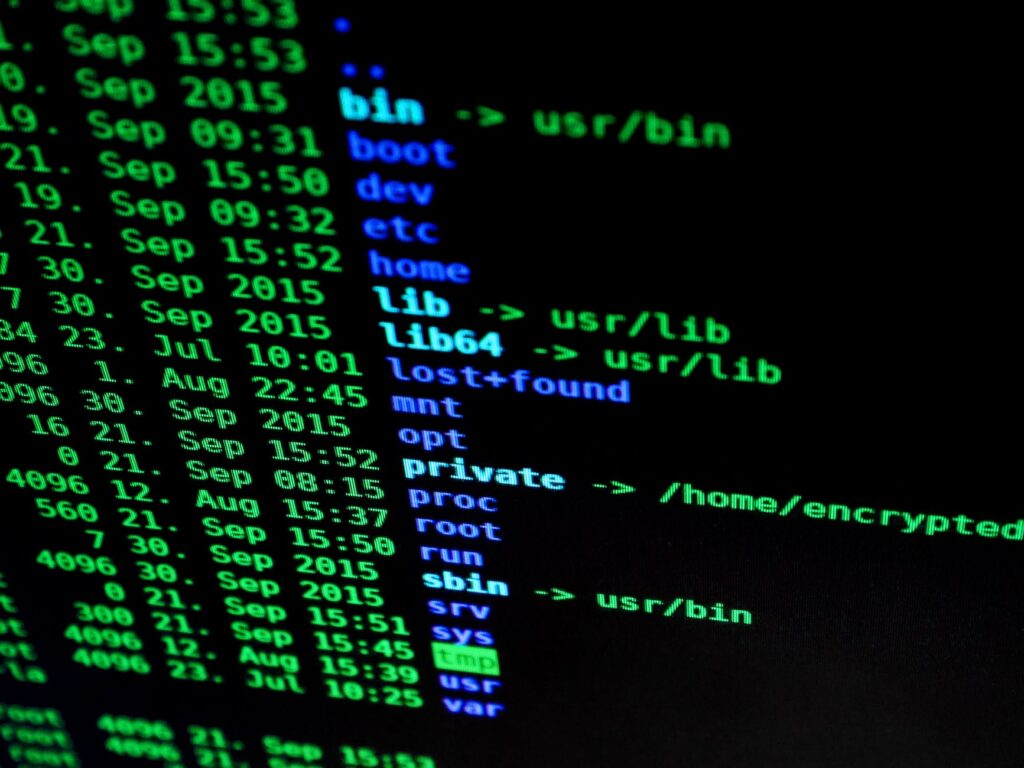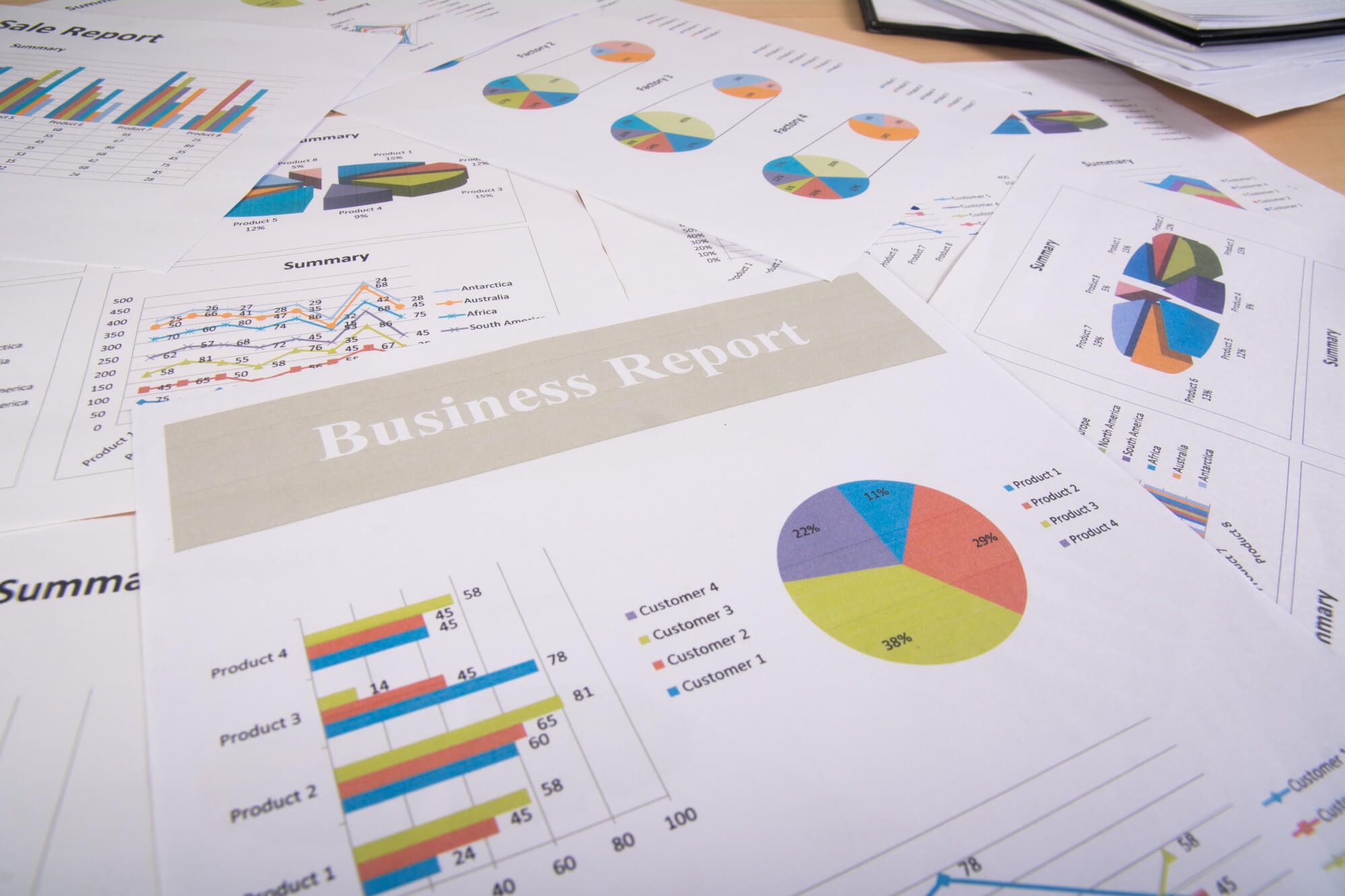Introduction to ChatGPT’s Data Security Issues
Artificial Intelligence (AI) technologies, like ChatGPT, have been driving a paradigm shift across various sectors with their ability to emulate human-like conversation and perform advanced tasks, from coding to composing music. But despite the convenience and productivity gains they offer, these AI technologies are also provoking vital debates around privacy and data security. These concerns stem from the AI’s data collection methodologies, the scope of data being harvested, and the implications for personal privacy.
ChatGPT, an AI chatbot developed by OpenAI, gained quick popularity post-release, with over 100 million users exploring its capabilities within months. However, this rapid growth also brought heightened scrutiny, specifically regarding data privacy. OpenAI uses vast quantities of web data to train ChatGPT, including public forums and online discussions. This inherently includes some degree of personal information, posing potential privacy risks. Additionally, while interacting with ChatGPT, the chatbot collects user-specific data, including conversations, log data, usage data, device information, cookies, user content, and even social media information.
In 2023, ChatGPT faced legal action in Italy due to these data privacy concerns. Italy’s data regulator temporarily banned the chatbot service, arguing that OpenAI did not have the legal right to use personal data in the manner it was doing. This marked a significant shift in how AI technologies like ChatGPT are regulated and perceived from a privacy standpoint.
How ChatGPT Collects Personal Data
ChatGPT collects personal data in two primary ways. First, OpenAI uploads large volumes of data from the web to train the AI model. This data, which may contain personal anecdotes or information shared publicly on platforms like Reddit, is used without direct consent from the individuals involved. Second, ChatGPT collects data during user interaction, capturing not just conversations but also various other usage details.
The data collection extent extends from log data (such as IP addresses and browser types) to usage data (like location and device information). It also includes user content—everything you input into the chatbot gets stored—account information, communication records, and social media interactions.
The Italian Blockade and GDPR Compliance
In response to these data collection practices, Italy’s data regulator temporarily banned ChatGPT, citing a lack of compliance with the European Union’s General Data Protection Regulation (GDPR). The GDPR requires explicit consent from users for data collection, which OpenAI had not sought. Italy’s main concerns included the lack of age controls to prevent underage usage, the possibility of false information about individuals, insufficient clarity about data collection, and no legal basis for gathering personal information in the AI training data.
The Italian blockade marked the first significant legal action against ChatGPT by a Western nation and set a precedent for other countries to scrutinize the chatbot’s privacy practices.
Rising Concerns Across Europe and Beyond
The backlash against ChatGPT was not limited to Italy. Regulators in France, Spain, and other European countries have also begun investigating the chatbot’s privacy issues. These inquiries mirror concerns previously voiced by artists and media companies about the use of their works to train generative AI without permission.
The primary concerns include the extensive data collection by ChatGPT, especially regarding sensitive information; lack of transparency about data use; questions about compliance with GDPR’s ‘right to be forgotten’ rule; collection of phone numbers during registration, and lack of robust age controls.
Safeguarding Privacy While Using ChatGPT
Despite these challenges, there are steps users can take to protect their privacy while interacting with ChatGPT. It is advisable not to share sensitive information through the chatbot, as this data is stored and could be accessed in the event of a security breach. Using a Virtual Private Network (VPN) can also help to mask your IP address and location.
OpenAI has provided an opt-out form for users who don’t want their personal and private information used to train ChatGPT. Additionally, using privacy-focused browsers can add another layer of security. Lastly, it’s crucial to read and understand OpenAI’s privacy policy to ensure a clear understanding of how your data is collected and used.
While there are serious concerns surrounding the privacy and security implications of AI tools like ChatGPT, not all platforms come with the same degree of risk. For instance, AskYourFiles, a GPT-powered software, provides a safer environment for user privacy. The core distinction lies in the fact that AskYourFiles, unlike ChatGPT, doesn’t contribute user data to the training of OpenAI’s base GPT model.
Vectorized databases, which AskYourFiles leverages, allow this higher degree of privacy to be possible. These databases can take unstructured data like text, images, or sound and convert them into numerical vectors, or ’embeddings,’ that capture their semantic meaning. This transformation allows the AI to understand and retrieve data efficiently, without the need for raw data to be present, collected, or transferred.
In the case of AskYourFiles, this advanced technology is employed to process and answer queries without capturing personal data for training purposes. It uses an API for the interaction with the GPT models that answer questions, but this process does not teach the core GPT model. As a result, the data that users enter during a session is not used to improve the underlying AI, thus safeguarding user privacy and confidentiality.
This distinction sets AskYourFiles apart from other services like ChatGPT. While the capabilities of AI-powered chatbots are impressive, it’s essential for users to be mindful of their privacy. In a world where data has become one of the most valuable resources, turning to platforms that prioritize data security, like AskYourFiles, can make a significant difference.




